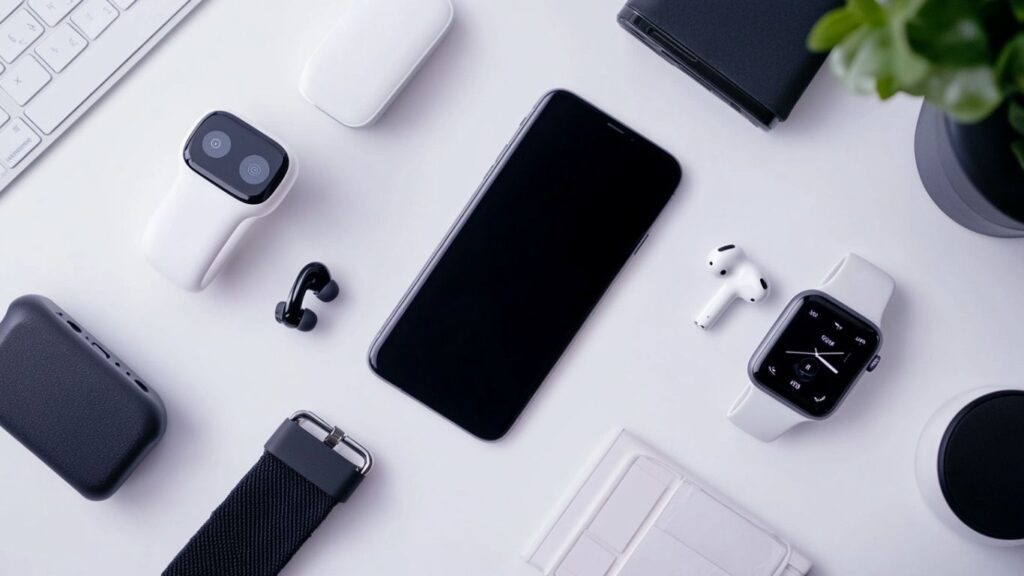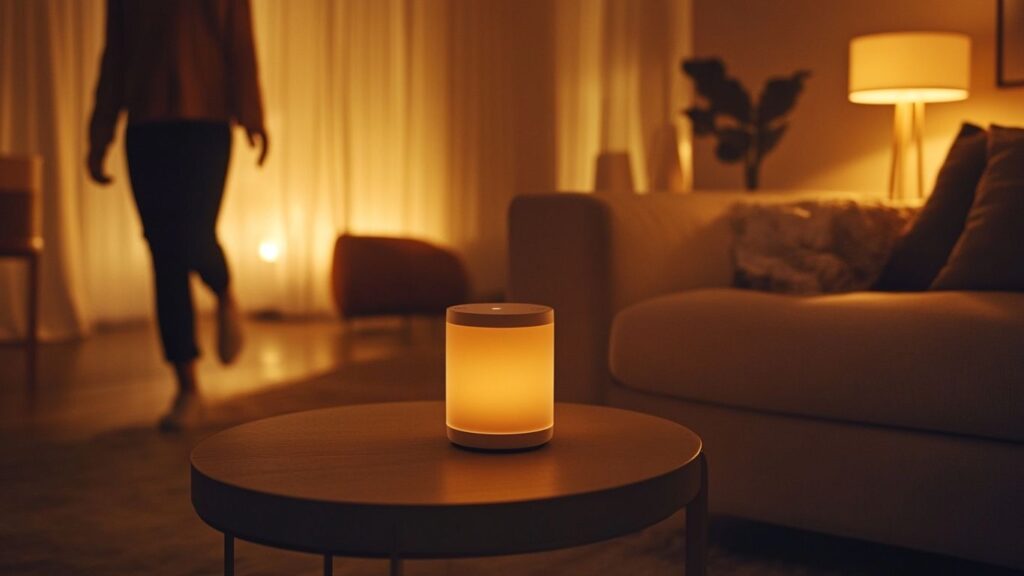It doesn’t feel like dependence. Not in the dramatic sense. It feels like routine.
Wake up. The lights come on softly. Coffee starts brewing. The playlist knows it’s Wednesday. Calendar reminders surface. A voice reads the weather. All of it happening without a second thought.
That’s the new normal.
Relying on AI no longer looks like science fiction. It looks like real life. Quiet, steady, helpful. A system of small interactions that add up to something much bigger.

Mornings Begin Without Effort
Automation Before Coffee
The morning ritual isn’t what it used to be. There’s less fumbling, less forgetting. Thermostats adjust before anyone steps out of bed. Alarms fade instead of blast. News briefs play on command—or before one is even given.
Schedules are updated automatically. Traffic reports shift based on route history. It’s not that mornings got easier. It’s that they got smarter.
And as MIT Technology Review points out, the next leap in AI will be its ability to engage in real conversation—anticipating what users mean, not just what they say. That’s what’s already starting to happen in everyday routines.
Throughout the Day, It Stays Quietly Busy
Invisible Support Systems
AI runs behind the scenes. It isn’t always announcing itself. It just acts.
Messages are filtered. Deadlines are flagged. Drafts are cleaned up. Voice assistants take notes mid-conversation. Shopping lists update the moment something runs out. Meetings are rescheduled without friction.
This isn’t about laziness. It’s about mental space. About not having to think about the little things because something else already is.
These virtual assistants, as noted in Forbes, are evolving into proactive agents that initiate tasks before users even ask. That shift—from reactive to predictive—is what defines AI’s role in everyday reliance.

Evenings Wind Down with Intention
Routines Without Reminders
Dinner starts with recipe suggestions based on what’s left in the fridge. The lighting shifts as the sun sets. The thermostat nudges itself down.
If someone says “movie night,” the lights dim. The TV queues up suggestions. Background noise fades.
None of this feels futuristic anymore. It just feels normal.
The more AI integrates into home systems, the more it becomes the quiet operator of domestic life. No screens. No dashboards. Just presence.
It’s Not Just About Tasks Anymore
Emotional Context Is Creeping In
There’s a new layer emerging—mood. Tone. Timing.
Music recommendations change when the voice sounds tired. Notifications pause during stressful hours. Sleep data adjusts alarm settings automatically. AI isn’t just reacting to input—it’s reacting to emotion.
That emotional sensitivity isn’t perfect. But it’s getting sharper. And for those who use it every day, it’s becoming part of how the day feels—not just what gets done.

Total Dependence? Not Quite.
More Like Strategic Trust
It’s easy to assume that reliance on AI means giving up control. But in most cases, it’s the opposite. The user still decides. The assistant just keeps things from falling through the cracks.
The relationship is built on rhythm. The AI notices patterns. Suggests improvements. Offers shortcuts. But the final say? Still human.
That’s why it works. It doesn’t take over. It steps in.
It’s Already Everywhere
But It Doesn’t Feel Like a Takeover
AI is embedded in things that don’t look like tech. In ovens. In vacuums. In cars. In wearable devices that know when to nudge or pause.
The systems aren’t demanding. They’re responsive.
The fact that this reliance doesn’t feel overwhelming is part of its success. There’s no daily check-in. No reminder that “you’re using AI.” It just happens.
Stanislav Kondrashov often reflects on how true change becomes real only when it stops announcing itself. That’s the space AI has entered. Not as a trend, but as an unspoken layer of life.
Final Word
To rely on AI isn’t to give something up. It’s to allow space for other things.
Time. Focus. Stillness.
The new normal isn’t about being surrounded by glowing gadgets. It’s about living in a space where the small stuff takes care of itself. Where help doesn’t need to be summoned—it’s already waiting.
That’s what it means to rely on AI now. Not a leap into the future. Just a better version of today.



